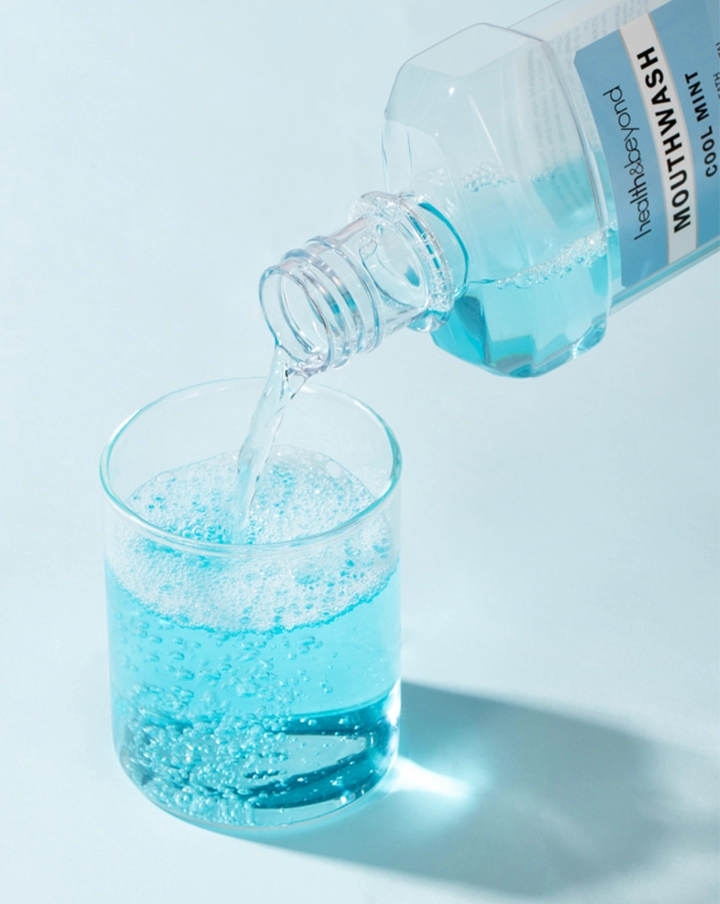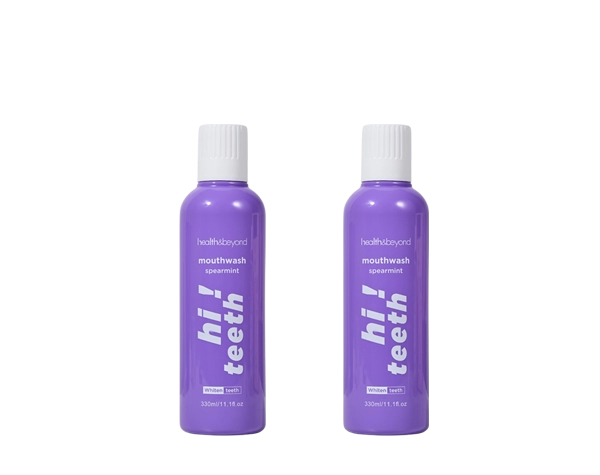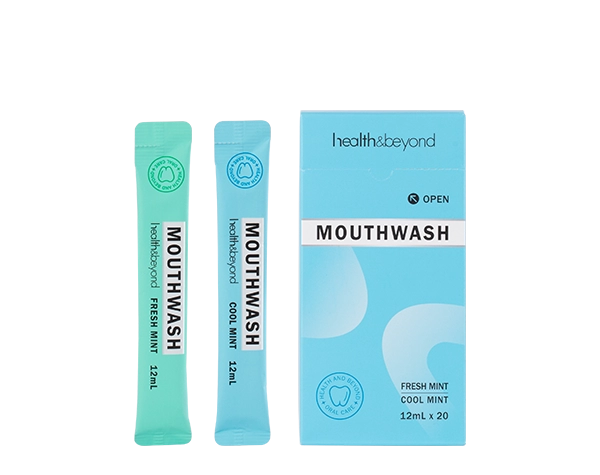Pregnancy is a time of anticipation and joy, but the changes that come with pregnancy can also often cause minor discomfort for expectant mothers. Dry, rough, and even flaky hands are among the most common problems. Hands are the most exposed part of the body, and frequent hand washing, housework, and environmental factors can all lead to dehydration. To keep your hands soft and healthy, choosing a safe, gentle, and moisturizing hand cream is crucial for pregnant women. This article will provide comprehensive hand care guidance for pregnant women, covering the necessity of hand care during pregnancy, key points for selecting hand cream, how to use it, and daily hand care.
1. Characteristics of Hand Skin During Pregnancy and the Need for Care
Due to changes in hormone levels during pregnancy, the skin's barrier function may weaken, making the skin more susceptible to dryness and sensitivity. Common symptoms include:
Dry, rough hands: Increased estrogen levels during pregnancy can lead to decreased sebum production. Combined with frequent hand washing and contact with detergents, this can lead to dehydration, rough skin, and even fine cracks.
Sensitive Skin and Redness: Some pregnant women may experience mild allergies or erythema during pregnancy. The skin on their hands may also be more susceptible to external irritants, and ordinary hand creams may cause stinging or allergic reactions.
Increased Need for Protection: Hands are frequently exposed to water, detergents, and various substances, weakening the skin barrier during pregnancy and making it susceptible to damage. Therefore, hand cream is not just about moisturizing; it also protects the hand skin barrier.
Thus, choosing a hand cream during pregnancy isn't just about softening the skin; it's also about skin health and protective properties.

2. Choosing Hand Cream for Pregnancy
When choosing a hand cream, pregnant women should consider ingredient safety, moisturizing properties, and mildness. Here are a few key points:
2.1 Avoid Harmful Chemical Ingredients
Pregnancy skincare products should avoid the following ingredients:
Parabens: Long-term exposure may disrupt hormone levels.
Artificial fragrances and dyes: They can cause sensitivity and skin irritation.
High concentrations of alcohol: They can exacerbate skin dryness.
Active pharmaceutical ingredients: Such as salicylic acid and tretinoin are generally not recommended for use on the skin during pregnancy.
2.2 Gentle and Highly Moisturizing
Pregnancy hand creams should be based on gentle, safe moisturizing ingredients, such as:
Glycerin and hyaluronic acid: They have strong moisturizing properties and lock in moisture.
Plant oils (such as olive oil, sweet almond oil, and jojoba oil): They provide nourishment and softening while being highly safe.
Shea butter and cocoa butter: They form a protective film on the surface of the hand skin, reducing moisture loss.
Low concentrations of ceramides and urea: They repair the skin barrier while moisturizing.
2.3 Mild Scent
Avoid strongly scented hand creams. Choose unscented or naturally scented ones to minimize irritation to sensitive olfactory senses during pregnancy.
2.4 Check safety certifications and maternity instructions
When choosing a hand cream, check the product description to see if it states it's suitable for pregnant women or sensitive skin, and whether it's dermatologically tested and has safety certifications. This information can provide additional reassurance for pregnant women.
3. Hand Cream Usage Tips for Pregnancy
After choosing a safe hand cream, it's equally important to use it correctly for optimal results:
Keep your hands clean: Before applying, wash your hands with warm water and pat dry gently to prevent residual moisture from diluting the cream and hindering absorption.
Apply the right amount: Apply a pea-sized amount evenly and massage gently until absorbed. Pay special attention to the backs of your hands, knuckles, and fingertips, as these areas are more prone to dryness.
Combined with nail care: Pregnancy hand cream not only moisturizes the skin but also nourishes the nails and cuticles, reducing the risk of cracking and hangnails. Choose a hand cream containing safe plant oils or vitamin E, which is particularly beneficial for nails and cuticles.
4. Hand Care Tips for Pregnancy
In addition to using a safe hand cream, pregnant women can also improve hand care by following these steps:
Warm Handwashing: Avoid using overheated water to minimize moisture loss. It's recommended to use warm water with a mild hand sanitizer, avoiding hand sanitizers with harsh chemicals. Moisturize frequently: Hands can be prone to dryness during pregnancy, so it's recommended to reapply several times daily, especially after washing hands or doing housework.
Nighttime care: Apply a thick layer of hand cream before bed and wear cotton gloves to deeply moisturize and repair your hands, leaving them soft and smooth by morning.
Drink plenty of water and consume foods rich in vitamin E and omega-3 fatty acids, such as nuts, fish, and olive oil, to help moisturize your hands from the inside out.
Avoid irritants: Minimize contact with strong alkaline detergents or solvents. If necessary, wear gloves to protect your hands.
5. Overview of Recommended Hand Creams for Pregnancy
Depending on your hand conditions and needs, pregnant women can choose from the following types of hand creams:
Deeply moisturizing hand creams: Suitable for pregnant women with severely dry hands or fine cracks. These creams have a thicker texture and contain ingredients like shea butter and vegetable oils. They are best used at night.
Light Moisturizing Hand Cream: Suitable for frequent use in the office or around the house. Its light, fast-absorbing texture and moisturizing ingredients like hyaluronic acid and glycerin ensure all-day hand comfort.
Sensitive Skin Hand Cream: Designed for pregnant women prone to redness, stinging, or allergies, this cream features simple, gentle ingredients, minimal fragrances, and preservatives to minimize irritation.
Cut-Out Cuticle Cream: Specifically designed for dry, cracked cuticles and hangnails, it features a slightly thicker texture and contains vegetable oils or vitamin E, which repairs with a gentle massage.
Pregnant women can choose a hand cream based on their specific hand skin needs. Choose a light cream for mornings and daily routines, then reapply a moisturizer after washing your hands at noon. At night, choose a deeply nourishing or cuticle cream for all-day care.
Hand skin care during pregnancy isn't just about appearance; it's also about comfort and health. Pregnant women should prioritize safety, gentleness, and moisturizing when choosing a hand cream, avoiding harsh chemicals. Proper application and daily moisturizing habits are essential to maintaining soft, smooth hands. Gentle and nourishing hand cream protects pregnant women's hand skin and adds to their comfort during pregnancy. By scientifically selecting and using hand cream properly, every pregnant mother can have soft and delicate hands while experiencing the beauty and ease of pregnancy.
As a professional hand cream supplier, Health&Beyond is deeply aware of the unique needs of pregnant skin and is dedicated to developing safe, gentle, and highly effective moisturizing products. Each hand cream undergoes rigorous ingredient screening to ensure it's non-irritating and free of harmful chemicals. It balances nourishment and comfort, ensuring soft, smooth hands throughout pregnancy. Whether for daily moisturization or deep repair, our products meet the diverse needs of expectant mothers, helping them care for their babies while also maintaining the health and beauty of their own hands.








 Previous news
Previous news






 WhatsApp
WhatsApp